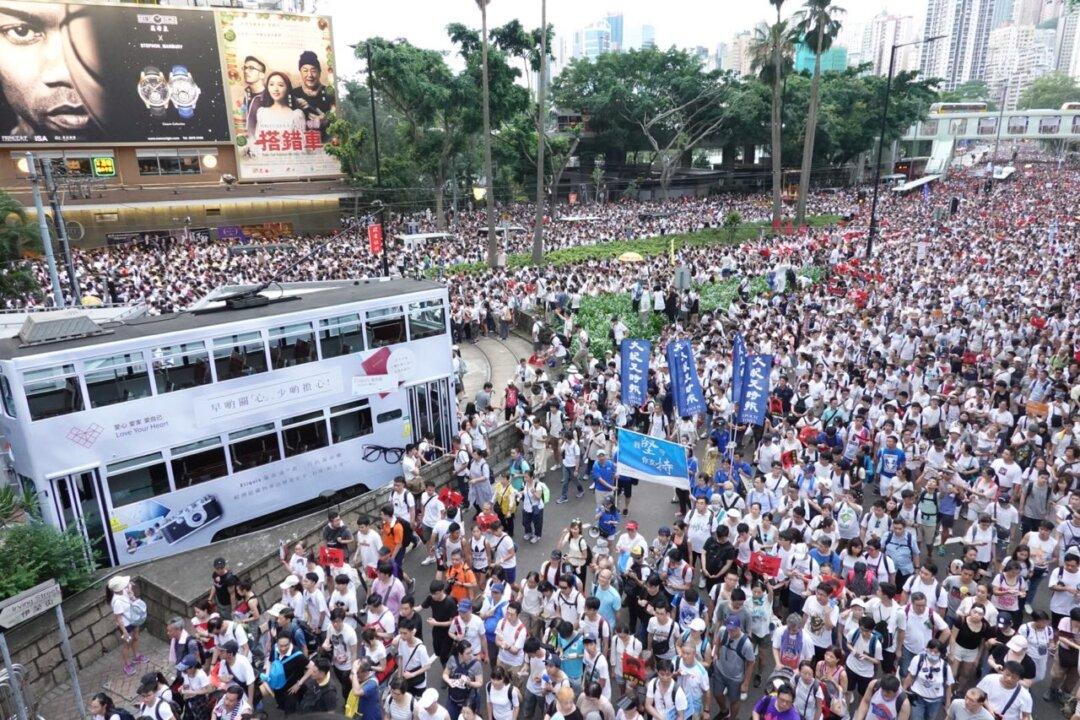Hong Kong developers and investors are concerned over the proposed amendments to the city’s extradition law and its impact on the economy. A real estate developer cancelled the purchase of a billion-dollar commercial land parcel, and investors are starting to withdraw investment funds from Hong Kong.
Goldin Financial Holdings Ltd, whose diverse portfolio includes real estate and financial services, announced on June 11 that the board has decided to exit the tendering process for a parcel in the Kai Tak Airport area, which the company won in bidding last month for $1.4 billion.





